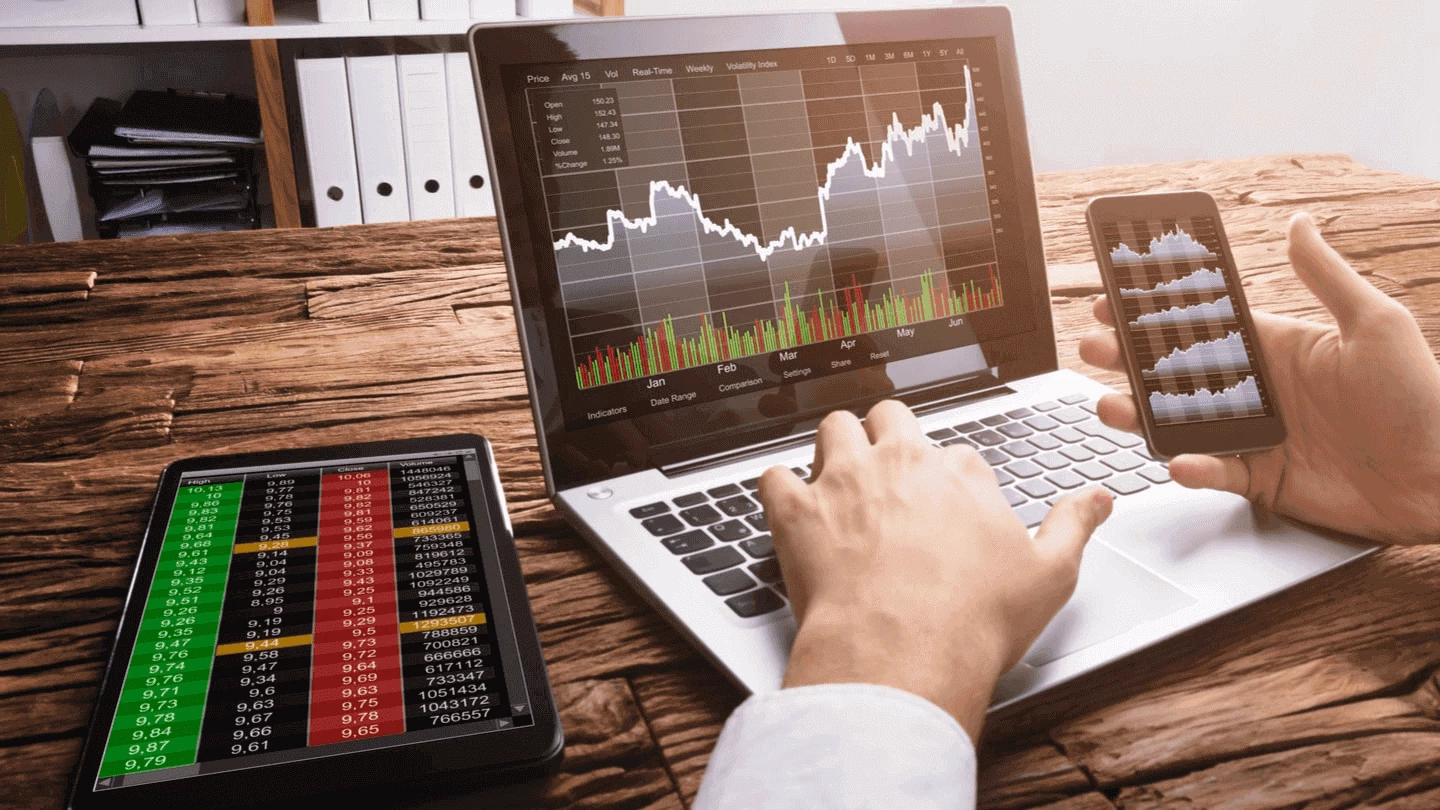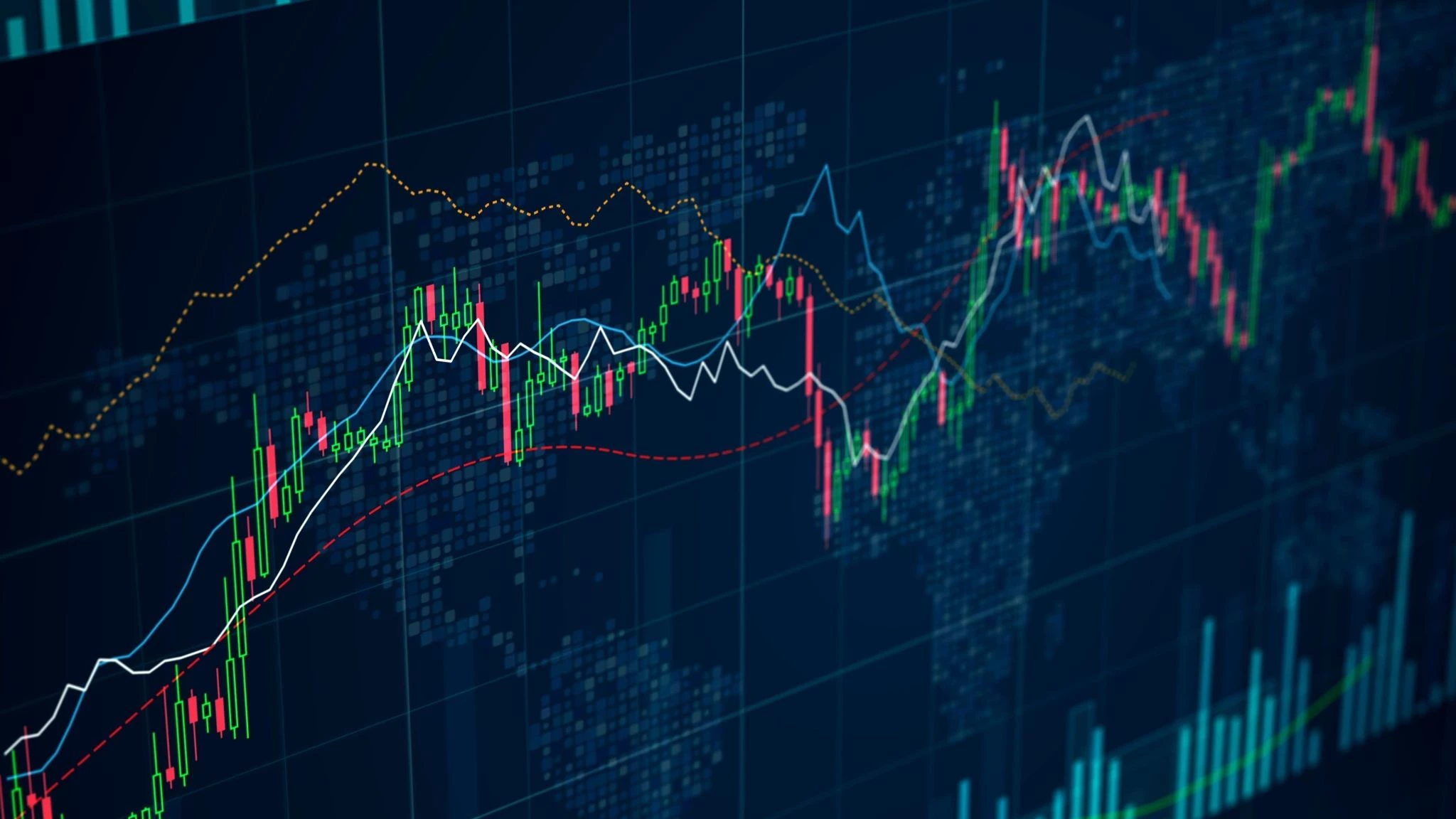Automated Trading on Forex: Decision Automation and the Use of Expert Advisors

In today’s fast-paced world where technology is advancing at an incredible pace, financial markets are also embracing automation and robotics. One of the most dynamic and popular areas where artificial intelligence technologies are used is Forex trading. Automated trading, based on forex robots installed on the VPS from Forex-Box, allows traders to automate decision-making processes and improve the results of their transactions.
What is automated trading?
Automated trading is the process where traders employ software solutions, known as expert advisors, to automate their trading on the Forex market. Expert advisors are computer programs based on artificial intelligence algorithms that analyze market data, considering predefined parameters and trader strategies, and make decisions on buying or selling currency pairs.
The core idea behind automated trading is to replace the human factor in decision-making processes on financial markets. Humans can be susceptible to emotions, stress, and fatigue, which can negatively impact their decision-making and trading performance. Robots, on the other hand, are emotionless artificial intelligences capable of analyzing large volumes of data and making rational decisions based on predefined parameters.
Advantages of automated trading on Forex
The application of automated trading on the Forex market offers several significant advantages. Firstly, decision automation eliminates the influence of emotions and psychological factors. Humans can be subject to fear, greed, or indecisiveness, which can lead to wrong decisions and financial losses. Robots, on the other hand, strictly follow predefined algorithms and parameters, devoid of emotions.
Secondly, automated trading allows traders to participate in trading activities around the clock. Forex is an international market that operates 24 hours a day. It is difficult for a human to monitor the market continuously, as they require rest and sleep. Robots, on the other hand, can work tirelessly, scanning market data and making real-time decisions.
Thirdly, automated trading enables processing large volumes of data and analyzing market trends that may be beyond human capabilities. Robots can swiftly analyze numerous factors such as prices, trading volumes, and news, and make buy or sell decisions based on this information.

The use of expert advisors in automated trading
One of the key tools in automated trading is the use of expert advisors. Expert advisors are software modules used to analyze market data and make automated trading decisions. They operate based on predefined parameters and trader strategies.
There is a wide range of expert advisors developed by different companies and traders. Some expert advisors rely on simple technical indicators such as moving averages or relative strength indicators. Others employ more sophisticated artificial intelligence algorithms like neural networks or genetic algorithms.
To use expert advisors, traders need to choose a suitable advisor and configure its parameters according to their strategy and trading preferences. The expert advisor will then work automatically, scanning market data, analyzing it, and making trading decisions based on the predefined parameters.
Risks and limitations of automated trading on Forex
Despite the advantages, automated trading on Forex also carries risks and limitations. Firstly, traders bear the responsibility for selecting and configuring expert advisors. Improperly configured advisors or unsuitable strategies can result in financial losses. Therefore, traders must be cautious when choosing expert advisors and carefully design their strategies.
Secondly, the Forex market is dynamic and volatile. Robots can be influenced by unpredictable events such as political crises, economic news, or currency rate fluctuations. Traders must be aware that even the most advanced expert advisor does not guarantee full protection against risks and losses.
Thirdly, automated trading can pose challenges due to the absence of human control. Traders should not solely rely on robots and must closely monitor their performance. It is also important to have the ability to intervene in the trading process when necessary, such as during important news releases or non-standard market situations.